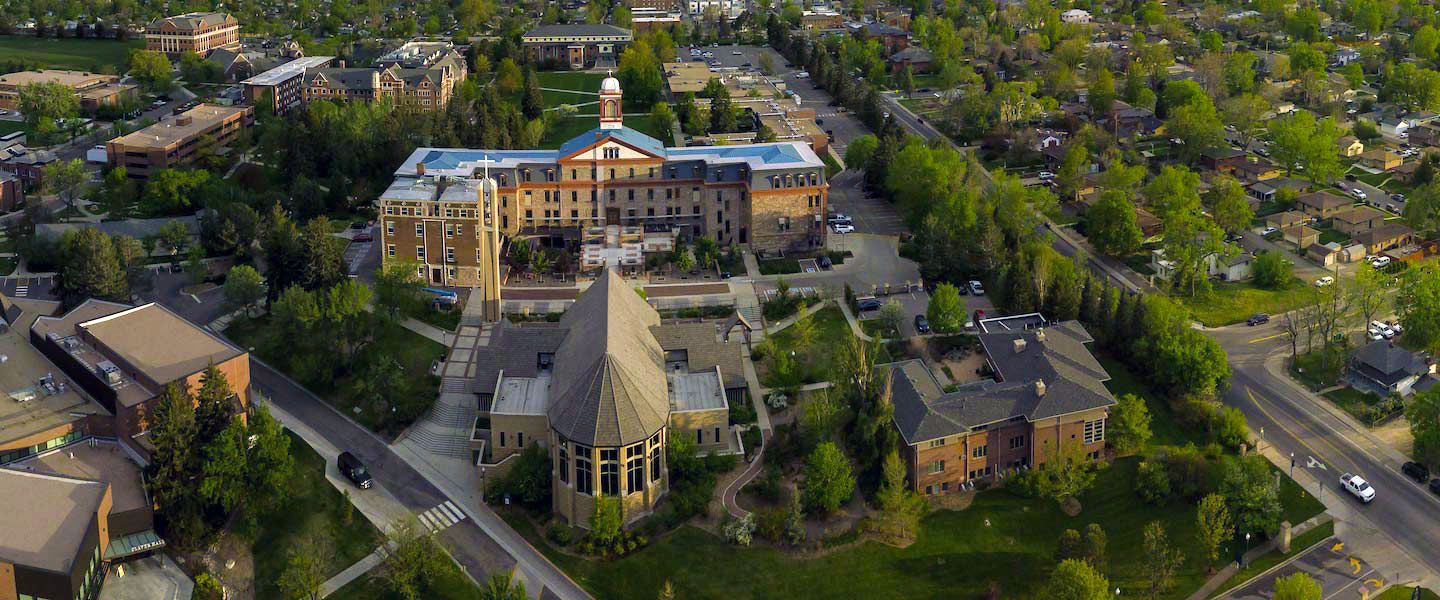
Center for the Study of War Experience
3333 Regis Blvd., I-4
Denver, CO 80221
Location:
Carroll Hall 242
Contact:
303.964.6020
cswe@regis.edu
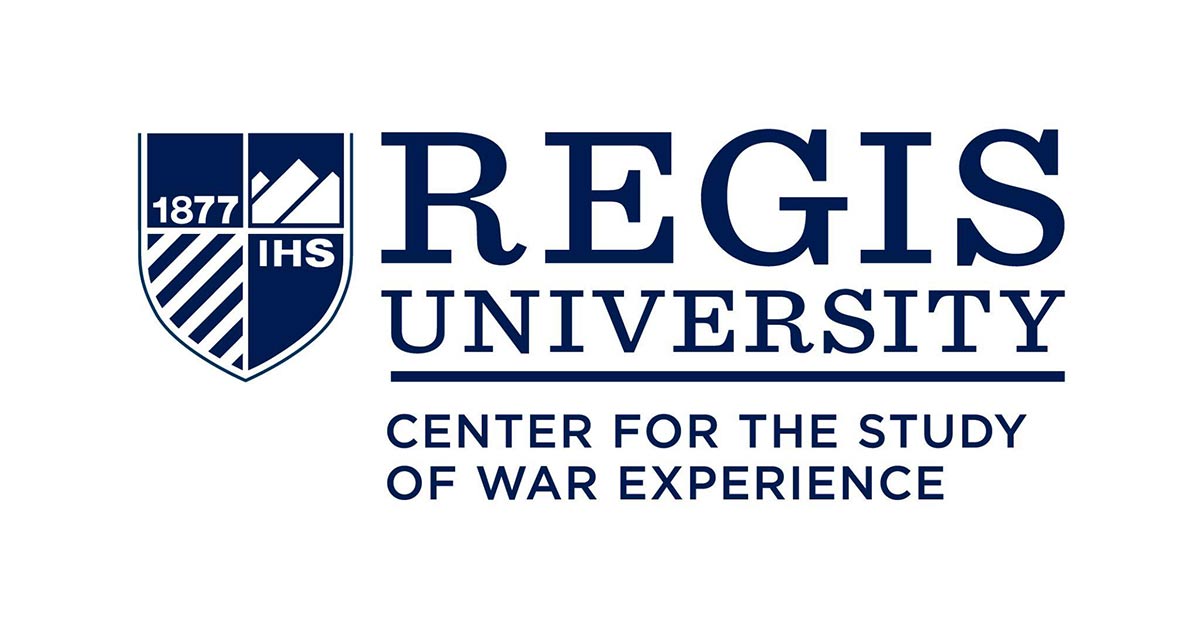
The Regis Center for the Study of War Experience (CSWE) is committed to providing a space for individuals to share their stories of war. Since its founding in 2004, the Center has been dedicated to gathering and preserving a wide range of voices. With the multiplicity of narratives from differing perspectives, the Center contributes to a broader analysis and understanding of the political, social, economic and cultural costs of war.
Anchored in Jesuit values, the Center is committed to the theories and practices of oral history and its potential to be a transformative process for the interviewee, interviewer and those who listen to and engage with the narratives. With this cornerstone, the Center offers opportunities for students, researchers, and the public to listen deeply and reflect upon the experiences of others.
While the Center’s oral history program began in the 1990s with an urgent focus on aging World War II veterans, we have since expanded the scope of our collection, undergraduate courses, and public programming to include civilians, anti-war protestors, refugees, and those employed in wartime labor. Most recently, the Center has focused on the experiences of women, Hispanic Vietnam War veterans and African American experiences of war.
Stories from Wartime, a unique undergraduate course open to the public, delves into the human dimensions of war and conflict through a multidisciplinary lens. As participants—both students and the broader community—engage with these narratives, they explore what it means to bear individual and collective witness to historic and modern warfare.
Facilitated by the Center, Stories from Wartime is a space where veterans and civilians can share their experiences openly. Doing so fosters rich dialogue, empathy, and understanding about the complexities and nuances of war experience. Over its 30-year history, the course has hosted a range of notable speakers, including authors Ocean Vuong, Adam Hochschild, Roberto Lovato, and Alex Kershaw, and has featured guest lecturers and local viewpoints.
The Fall 2025 Stories from Wartime series will explore the Cold War and its lasting influence on global politics, culture and society. Through guest speakers and discussions, we'll reflect on the legacy of this decades-long conflict over 30 years after its end.
Dates and Topics*:
*Dates and topics may change depending on inclement weather and guest speaker availability. Please refer to the Center's Instagram for the most up-to-date information.
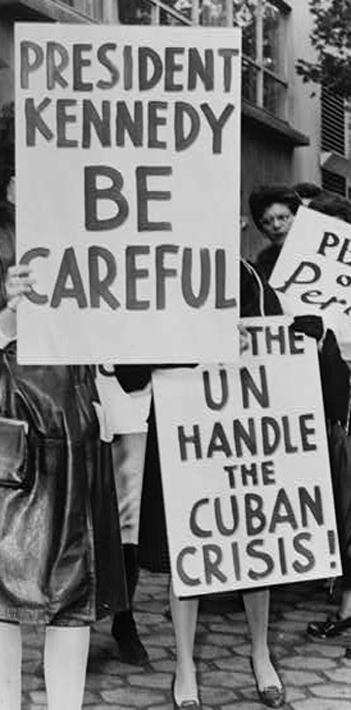
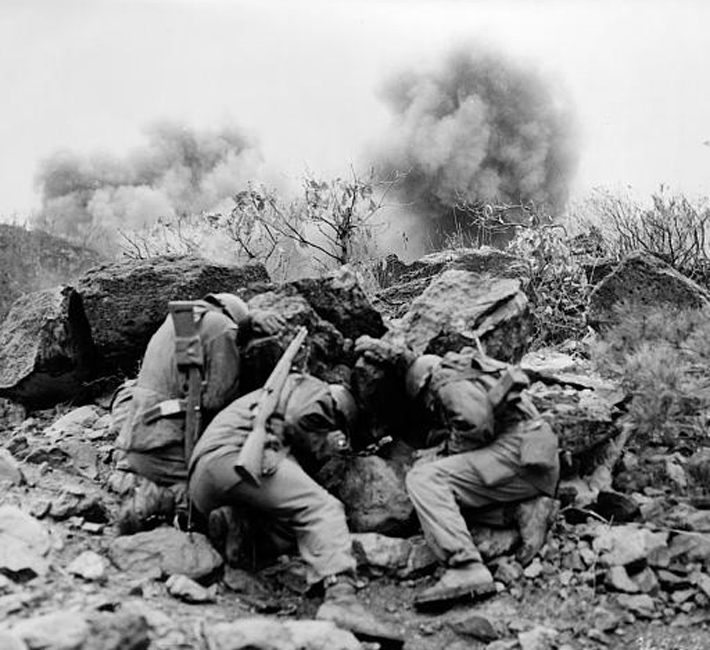
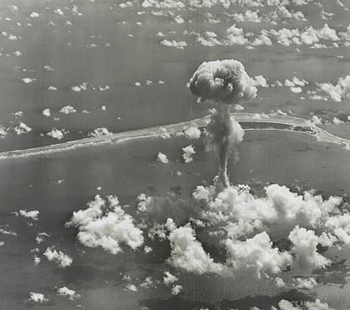
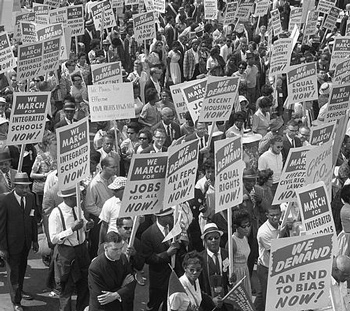
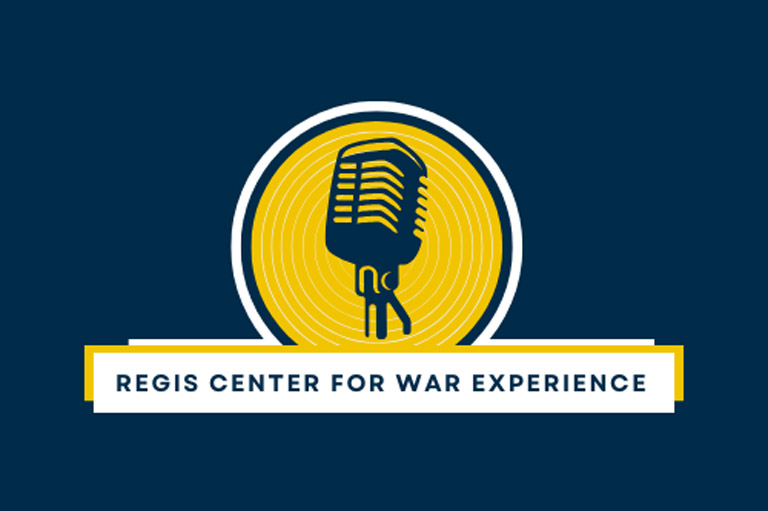
Follow the Center on Instagram @RegisCenterforWarExperience for updates on events, powerful stories from those who have experienced war, and engaging discussions on war, memory and history.
Join our online community and be part of the dialogue!
The Center’s fellowship program assists Regis University faculty in their research and scholarship. The purpose of the fellowship, named for the Center’s founder, Dr. Dan Clayton, is to investigate how stories of war are narrated, the role of personal and collective memories in shaping these stories, the translation of war experiences to the public, and the impact of these narratives on broader societal discussions about war.
 Thomas G. Bowie, Jr. is the current Faculty Fellow. A national expert on the literature of war, much of his research focuses on the human dimension of conflict, on personal narratives that bear witness to the horrors of modern war, and on the lifelong journey toward reconciliation that inevitably follows such conflicts. During his year as a fellow for the Center, Tom has published a commentary essay for the journal War, Literature, & the Arts, “The Sorrow of a Bygone Time”: Reflections on Bao Ninh’s Ha Noi at Midnight, and conducts interviews for the Center archives. He also spent a week in the Harry Ransom archives at the University of Texas researching the Tim O’Brien collection in support of Tom’s writing on authors who have spent much of their life since the Vietnam War searching for a story they can live with. He continues to work on his manuscript, Bearing Witness to the Wrong War, anticipating publication in the summer of 2025.
Thomas G. Bowie, Jr. is the current Faculty Fellow. A national expert on the literature of war, much of his research focuses on the human dimension of conflict, on personal narratives that bear witness to the horrors of modern war, and on the lifelong journey toward reconciliation that inevitably follows such conflicts. During his year as a fellow for the Center, Tom has published a commentary essay for the journal War, Literature, & the Arts, “The Sorrow of a Bygone Time”: Reflections on Bao Ninh’s Ha Noi at Midnight, and conducts interviews for the Center archives. He also spent a week in the Harry Ransom archives at the University of Texas researching the Tim O’Brien collection in support of Tom’s writing on authors who have spent much of their life since the Vietnam War searching for a story they can live with. He continues to work on his manuscript, Bearing Witness to the Wrong War, anticipating publication in the summer of 2025.
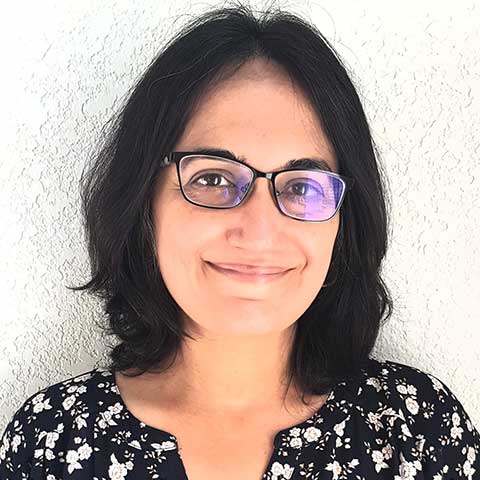 Dr. Mausumi Mahapatro was the Center’s inaugural fellow in 2021 and 2022. As a fellow, she engaged in fieldwork in Kutupalong, the world’s largest refugee camp located in the southeastern belt of Bangladesh bordering Myanmar. She is particularly interested in how statelessness serves as an equalizer and the extent to which class differences in wealth are reproduced in fluid refugee contexts.
Dr. Mausumi Mahapatro was the Center’s inaugural fellow in 2021 and 2022. As a fellow, she engaged in fieldwork in Kutupalong, the world’s largest refugee camp located in the southeastern belt of Bangladesh bordering Myanmar. She is particularly interested in how statelessness serves as an equalizer and the extent to which class differences in wealth are reproduced in fluid refugee contexts.
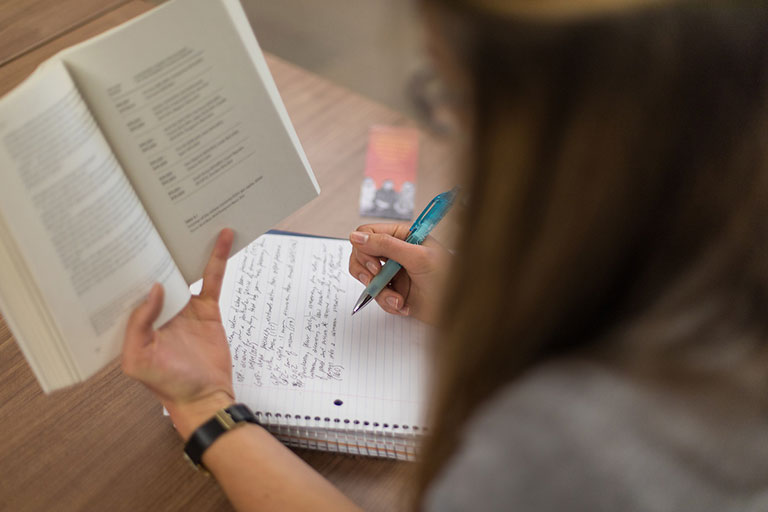
The Center offers student internships and assistantships to current or former Regis University students who are interested in pursuing history, museum studies, collection or cultural resource management, and/or public history. The interns and assistants gain valuable experience by working with the Center’s archival collection, assisting with research requests, and learning the best practices of oral history collection management.
The Center’s most recent assistant was Margaret Gentry. Margaret graduated from Regis University in May 2020 with B.A.s in English, History, and Linguistics. She earned an M.A. in Public History with a concentration in Cultural Resource Management at Colorado State University. She currently works in Records Management at the U.S. Department of Labor.
With over 900 hours of recorded interviews and an extensive archive of artifacts, documents, and photos from the interviewees, the Center provides ample opportunities for students and researchers to engage with primary sources.
Many of our interviews can be accessed in this digital repository hosted by the Regis University Library.

3333 Regis Blvd., I-4
Denver, CO 80221
Location:
Carroll Hall 242
Contact:
303.964.6020
cswe@regis.edu
The Center operates on the generosity of donors. As we mark the anniversaries of the Center and Stories from Wartime, we are launching a special fundraising campaign to celebrate our achievements and ensure the continuation of our work into the future. Gifts big and small make a difference. To make a gift, contact Rose Campbell, CSWE Co-Director, at campb978@regis.edu or 303-964-6020, or contribute directly online.